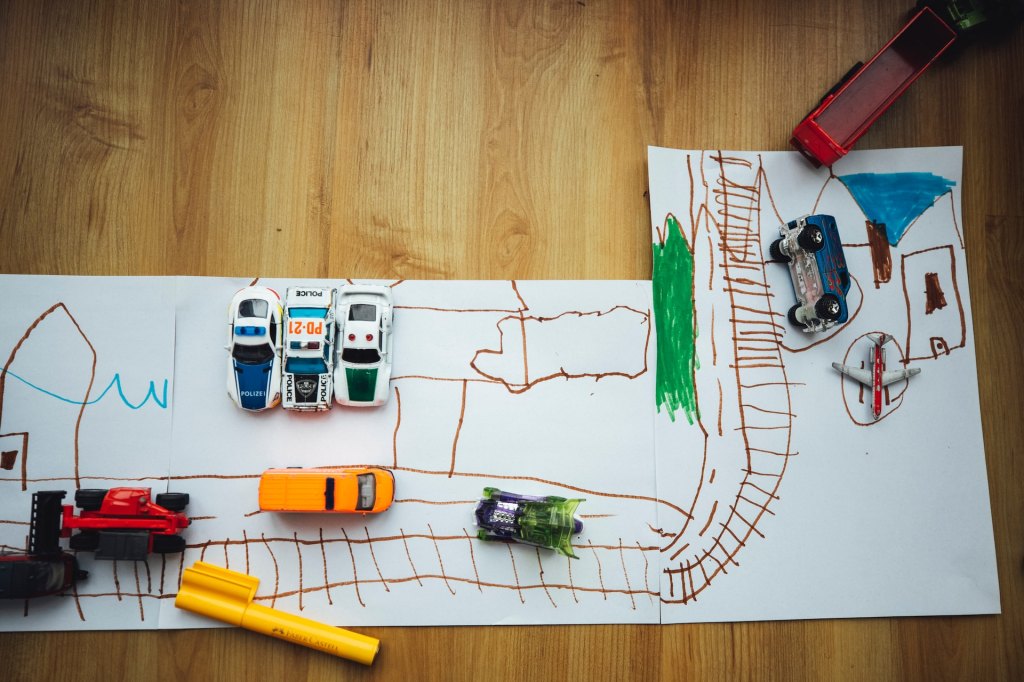Early childhood is a stage that spans from birth to eight years old. It marks a crucial period in human development. Early childhood builds foundations for a child’s cognitive, physical, literacy, and socio-emotional development and growth. As such, early childhood education plays an essential role in shaping the mindsets and practices of future educators, caregivers, and childcare specialists.
In the academic field, early childhood education assignments often bridge theory with practice. Students should grasp child development concepts and understand how to apply them in real-world scenarios.
However, like any subject of study, these assignments can be challenging. This complexity often forces students to seek external guidance or help. This approach enables potential educators to cover and understand their coursework and get tangible opportunities to improve their skills and knowledge.

The importance of seeking assistance with early childhood assignments cannot be overstated. Quality assignments often pave the way for academic success, ensuring that students can navigate the complicated fields of child psychology, development, and pedagogy. Further, these assignments help students connect classroom activities with fieldwork, providing a holistic view of student learning and childcare.
Challenges Associated with Early Childhood Assignments

The main challenge relates to navigating the theoretical complexities inherent in early childhood education. There are many concepts to tackle, including developmental milestones, Child Development concepts, learning theories, and childhood psychology. Since each domain has its own intricacies, it is vital to have an in-depth understanding of each topic.
However, understanding early childhood theories might be difficult. Translating these concepts into practical applications is another significant hurdle. For instance, if students learn about varied learning styles, they must craft lesson plans or teaching methodologies to cater for these diverse styles. Each child is unique in terms of needs, learning pace, preferences, and challenges. For this reason, one must craft strategies that are inclusive and effective.
Moreover, ethical considerations are paramount when it comes to working with children. Every action, word, and strategy you take must align with established ethical norms to address the child’s best interests. Understanding these ethical guidelines and applying them accordingly can be a daunting task, especially without proper guidance.
Seeking Help with Early Childhood Assignments
In the globalized world, there are multiple avenues to seek early childhood homework help. Online tutoring platforms, such as AssignmentDoers and Assignmentfy, specialize in various subjects, including early childhood education, childcare, and English. These platforms connect students with experts, creating room for seeking personalized guidance, clarifying doubts, and getting assignment answers that meet academic standards.
Academic libraries are treasure troves of information despite being often overlooked. They have databases containing research papers, case studies, textbooks, and other early childhood education resources. Diving into these materials can offer insights, examples, and a deeper understanding of topics, helping students craft comprehensive and quality assignments.
Apart from formal resources, one can get help from peers. Peer learning, through study groups or discussions, allows students to share new perspectives and solutions. Peers can also recommend the best online platforms that offer early childhood homework help.
Additionally, faculty staffers, such as instructors and professors, can offer valuable guidance. Their expertise, feedback, and suggestions can help students write assignments characterized by clarity, coherence, and relevant evidence and claims.
Strategies to Excel in Early Childhood Assignments
Success in early childhood assignments often requires a combination of proactive learning and practical applications. One effective strategy involves regular exploration of ECE resources like academic journals and research papers. This habit ensures that students stay updated with early childhood education’s latest trends, findings, and methodologies. The knowledge gained through research can help learners do assignments and obtain cutting-edge perspectives.
Hands-on experience is another invaluable tool. Students can gain practical insights by engaging in internships, performing volunteer pre-k activities, or observing educational settings. These real-world experiences provide comprehensive and authentic knowledge when combined with theoretical information.
Lastly, time management and peer reviews help students excel in their ECE assignments. Given the comprehensive nature of early childhood assignments, doing them at the right time is essential. A well-paced approach reduces last-minute rushes and worries associated with time delays. Further, students should allow peers to review their assignments before submission to get fresh perspectives and identify overlooked areas or errors.
In sum, early childhood education and childcare assignments, whether theoretical or practical, provide students with insights into the world of early learning and caregiving. While tackling these assignments might be challenging, using the right resources, strategies, and guidance can make the journey rewarding and lead to success.
Leave a comment